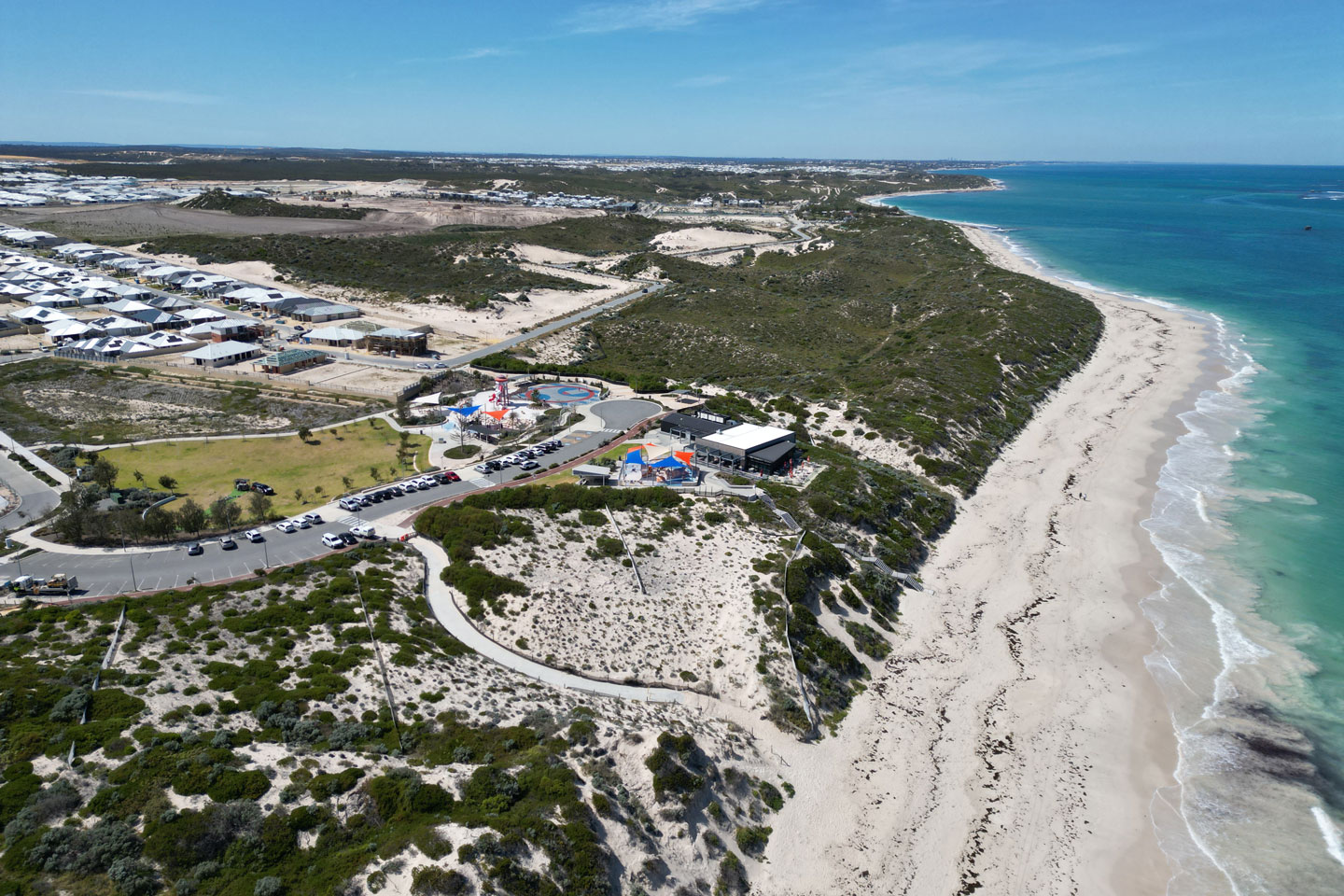As one of the largest local government areas in Western Australia, the City of Wanneroo is at a crossroads of opportunity and responsibility, poised to shape the future of its rapidly growing community through advocacy and strategic planning.


The statistics underscore the urgency of the City’s ambitions. Today’s population of 235,000 people is expected to reach 400,000 by 2042. In particular, the northern corridor community is on the brink of exponential growth, and the City's advocacy agenda is crucial to steering the trajectory of its development.
Wanneroo Mayor, Linda Aitken, said well-designed infrastructure was vital to accommodating the rapid growth of the region, while preserving its natural beauty and ensuring a high quality of life for residents.
“With growth comes the responsibility to ensure that development is both purposeful and sustainable,” she said. “Through our Advocacy Plan, our Council has articulated a clear vision for the future of our City, identifying key projects that will have the greatest impact for residents, local businesses and the wider community, but we can’t do it alone.
“It’s critical that all tiers of government work together to drive investment for the benefit of everyone who lives in, works in and visits our region.
“By championing strategic initiatives and fostering collaborative partnerships, we can shape investments that both meet the needs of our community now and will lay the groundwork for a resilient and prosperous future.”
The City’s previous advocacy efforts have yielded remarkable results, securing $1.1 billion in State and Federal Government investment in transformative projects such as the METRONET Yanchep Rail Extension, Mitchell Freeway Extension, Flynn Drive and various community recreation facilities including the Alkimos aquatic and recreation centre project, which is currently underway.
The significance of these projects represents a shift in addressing longstanding community needs in the City, particularly for residents in outer suburbs.
The City’s Northern Coastal Growth Corridor Community Facilities Plan articulates a staged approach to delivering social, physical and environmental infrastructure to support the rapidly growing communities in Alkimos, Eglinton, Two Rocks and Yanchep.
Today, the corridor is home to just over 39,000 people. With this number projected to soar to almost 170,000 people by 2046, the need for investment and infrastructure development cannot be overstated.
“Our new Council-endorsed advocacy agenda sets the City’s priority projects and targets for us all to work towards delivering over the next four years, from better roads and community amenities, to access to health care facilities,” Mayor Aitken said.
“Among our priority projects is the development of the Yanchep Strategic Centre with the establishment of a hospital in response to the need for comprehensive health services as our community expands.”
Envisioned as a hub integrating primary and secondary care, the hospital will not only cater to the local population but will extend its reach to regional and rural northern suburbs.
Sustainability is also a driving force in the City’s advocacy and strategic planning. As the population grows, so does the amount of waste generated. Tamala Park, the waste facility that serves the seven member councils that make up the Mindarie Regional Council, is expected to reach capacity in the coming years.
State and Federal Government funding is crucial to establishing a local resource recovery precinct capable of servicing the growing population at the earliest opportunity.
“From securing healthcare facilities to revitalising community hubs and bolstering transportation networks, our advocacy priorities underscore our commitment to the welfare of our residents and the vitality of our region,” Mayor Aitken said.
“Through collaborative partnerships and visionary leadership, Council has already taken bold strides to realise our strategic vision.
“We’re now calling for all tiers of government to work with us to help shape a vibrant, sustainable and inclusive City for our residents today, and for generations to come.”
For more information, visit wanneroo.wa.gov.au












